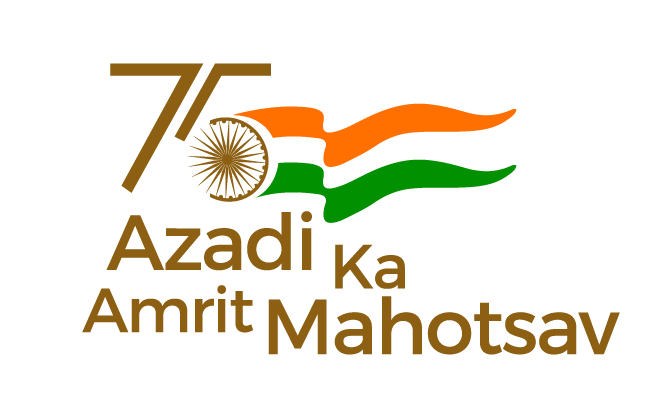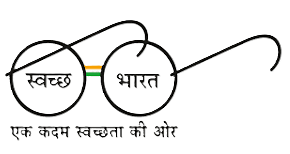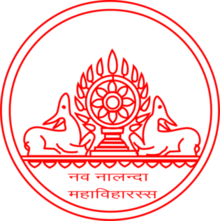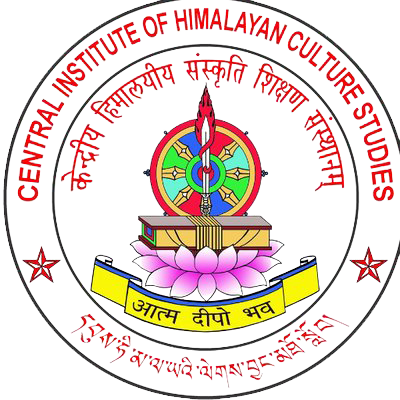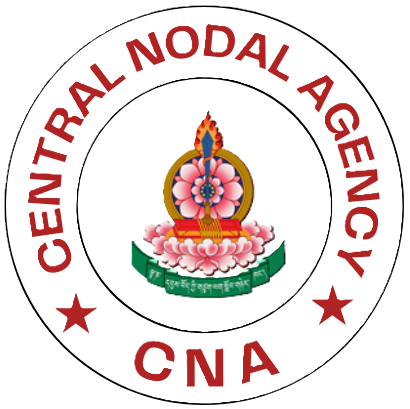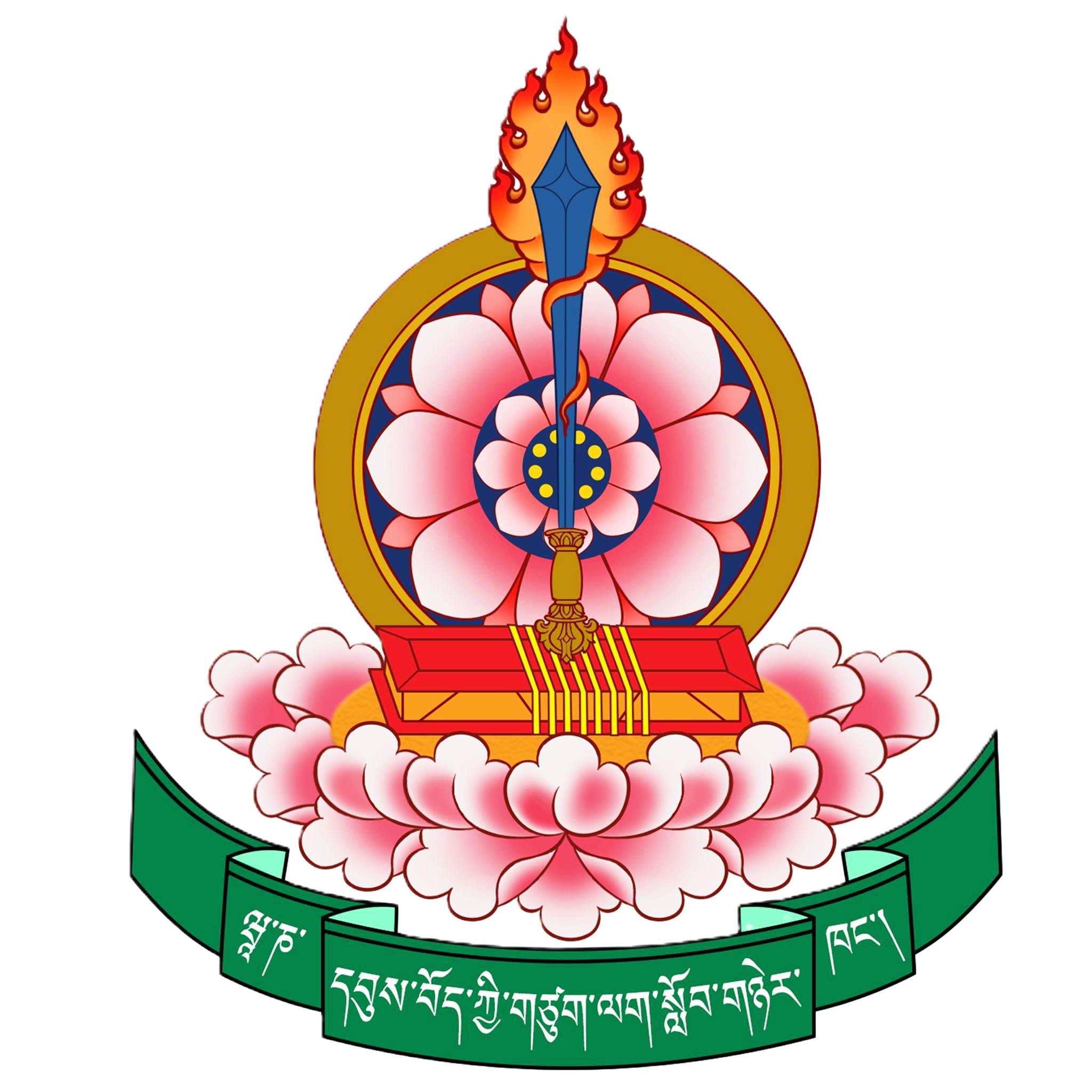DEPARTMENTS
NOTICE BOARD
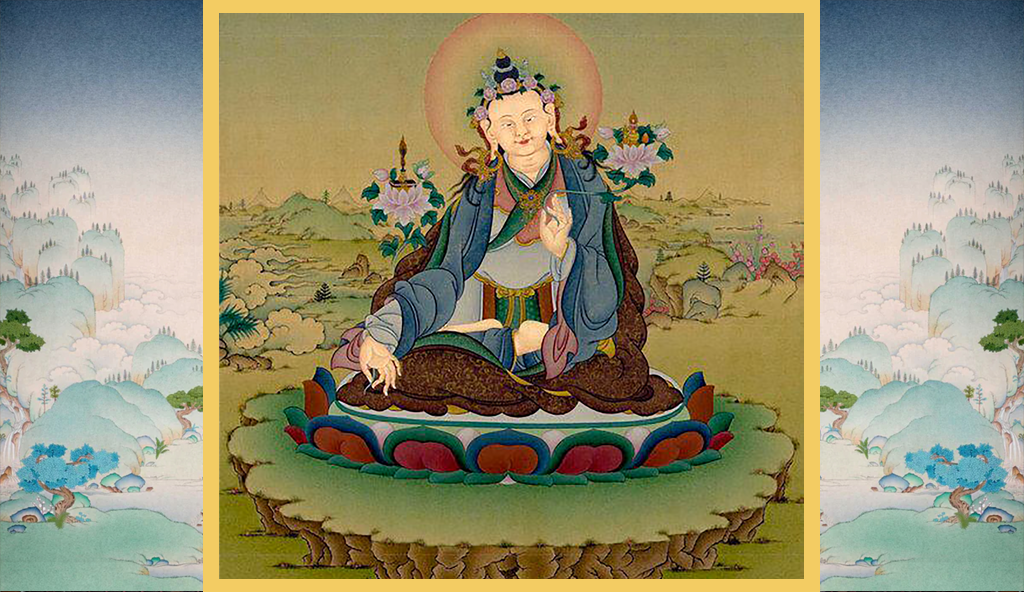
Department of Sowa-Rigpa
Department of Sowa-Rigpa was established in 1993 to promote and synthesize the Indo-Tibetan tradition of diagnosis and healing. The department functions under the National Commission for Indian System of Medicine (NCISM) under the Ministry of AYUSH, Government of India. The department is among the seven Sowa-Rigpa Colleges and the only one in the state of Uttar Pradesh. It is well equipped with state-of-the-art labs, an exhaustive library and top-notch facilities along with a robust system of academics. The department offers under graduate BSRMS regular course followed by one-year Internship Program where the medium of instruction is Tibetan Language. As of 2023, 16 batches have already passed out and are well placed, professionally. At present, students from the Tibetan Communities and Trans-Himalayan region such as Ladakh, Kinnaur, Spiti, Arunachal Pradesh as well as International students from countries like Nepal, Bhutan etc. have joined the Program. The students are accommodated with the general students in a comfortable hostel for boys and girls, the canteen serving both vegetarian and non-vegetarian food. There are ample extra-curricular facilities. As per NCISM mandate, there are further eight departments within the Sowa–Rigpa Department itself.
Courses offered by the department are:
- UG Sowa-Rigpa (BSRMS)
- PG Sowa-Rigpa (MD/MS)
- Ph.D Sowa-Rigpa
Course Outcomes:
- BSRMS/Menpa Kachupa
After completing the undergraduate course, the Sowa-Rigpa graduate will be able to
- Take on the roles and responsibilities of a Physician
- Understand the profound principles, theories and concepts of rGyud-Bzhi.
- Apply the theoretical knowledge to support understanding of various diseases.
- Apply diagnostic principles to support the diagnosis and management of different disorders.
- Carry out consultations with patients, using appropriate communication and examination skills
- Demonstrate competence in a range of professional skills necessary for patient care, teamwork in an ethical manner and placing patient wellbeing at the core of their work.
- Make them use reflective practice to inform continuing professional development and to continually maintain their skills in Sowa-Rigpa medicine and surgery.
- Appraise and interpret a full variety of research methodologies based on traditional knowledge used in their practices to facilitate the completion and application of such research.
- Apply a practical understanding of preventative medicine principles to support disease prevention and to reduce the burden of illness on society and practice.
- Orient them into pursuing Post Graduate programs so that they become competent, efficient scholars, specialists, teachers, clinicians, researchers, and experts in their respective fields of specialization.
- Benefit all sentient beings in general and particularly enrich the physical and mental health and well-being of humankind.
- Preserve, promote and further develop the rich tradition of Sowa-Rigpa for the greatest benefit of human healthcare irrespective of all other beings.



